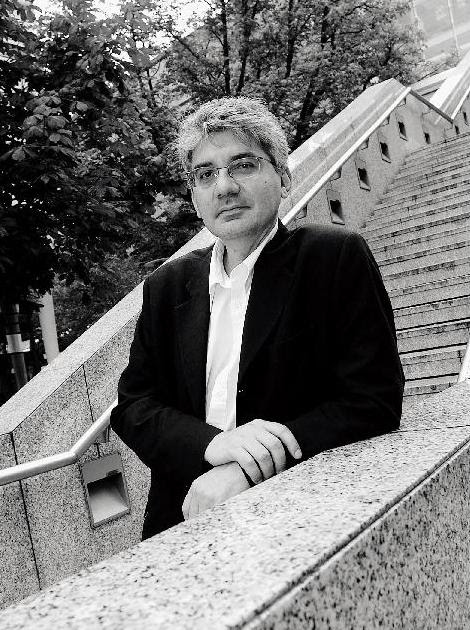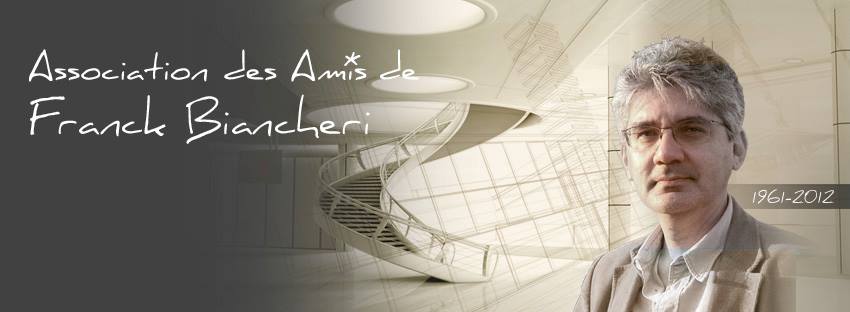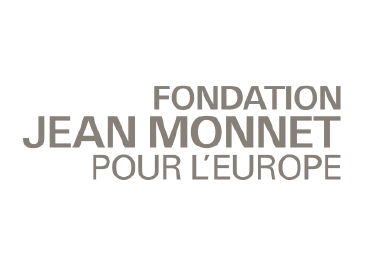… it seems urgent in France and in the United Kingdom to launch vast reforms of democratic procedures (…) otherwise the citizens of both countries will increasingly turn away from elections (…) or vote for extremist parties going to scrap the wholedemocracy … (Franck Biancheri, 2007)
[Yellow vests and Brexit] It would be enough simply to read the titles to understand that no comment is necessary. What Franck Biancheri wrote more than 10 years ago is quite right today. Look how Macron and Theresa May are struggling to survive actually in a huge institutional anarchy, criticized by the people, despised by their peers…
From the race for sponsorship of elected representatives that are forced to run the candidates for the French presidential election on the back of scandal and police investigations to the scandals that taint the entire institution of the House of Lords in the United Kingdom, these two old democracies really give the impression of working with totally archaic democratic procedures.
In fact, it’s not just an impression: it’s the reality.
In France, let’s list some aberrations with regard to the democratic standards of the 21st century:
– First, this procedure of collecting 500 signatures of elected representatives to be registred as a candidate for the presidential election. It is simply a census procedure that gives the already established parties a virtual right of veto over any new candidacy not coming from their ranks. In the 21st century, and for most modern democracies (ie those built after the Second World War), such as Germany or Spain, there is still (if not only) selection of applications through the collection of signatures of citizens. Five thousand, ten thousand, twenty thousand, … in any case around this quantity, it is up to the citizens to decide who they want to see as a candidate; and not to elected representatives, men and women of party apparatus or under pressure from these same apparatuses, which were not chosen by their constituents for this role. The current French system strangely resembles the procedures of totalitarian states where the leader (or party) decides on authorized candidates. It is a “soft” version but far away from the modern requirements of democracy.
– Then, the financial conditions create in France another level of closure of the French electoral system for the benefit of the parties in place. This “barrier” is erected in many forms. Firstly, the absence of a single bulletin, printed and distributed at its own expense by the State, requires candidates and lists (as in the European elections) to print the ballots at their own expense and to distribute them, themselves again, in every prefecture of the country. There is a refund only if a threshold of 3% of the votes is crossed. The French electoral system thus creates a censorial barrier of about 400,000 Euros and 1 million voters: and some are astonished by the non-renewal of the French political class! In most modern democracies, there is often a single ballot where the elector checks his choice (a process that considerably reduces the environmental cost of the election by reducing the number of trees cut down by 5 to 10 to huge amounts of paper needed at each election). And in most of these same democracies, the state supports, once the conditions of signature of citizens validated, these expenses of electoral base. The logic here is simple: the citizens decide before the election to know who they want to “test” during the vote. While in archaic democracies, like France, the system believes that it is up to the ruling elites to decide who can compete, to impose on the newcomers stronger constraints than those already in place and to deign to reimburse only if a considerable number of voters finally supported the newcomers. We are far from the revolutionary principles of 1789 … and very close to those of the Ancien Régime.
Let’s change a bit of environment, and cross the Channel.
Here we find also a good “old democratic regime” which has almost nothing to do with a modern democracy of the 21st century. The House of Lords is only the visible part of an iceberg of democratic dilapidation, even if the appointment of the Upper House remains in terms of regime the prerogative of regimes normally considered undemocratic. But there is worse, with the House of Commons voting mode, which allows a party to win more than 50% of the House with only 25% of the vote … as it was the case for Tony Blair’s Labor party for the last legislative election. It is no longer a question here of mere distortions due to electoral systems, but of major democratic dysfunctions which, as in France, confiscate, cancel or hijack the choices of tens of millions of citizens.
To conclude, it seems urgent in France as in the United Kingdom to launch vast reforms of the democratic procedures, especially electoral ones, of our old democratic systems by drawing inspiration from modern democracies such as Germany, Spain or even Estonia (which has just achieved a world premiere with the possibility of Internet voting in its parliamentary elections), or else citizens of both countries will increasingly turn away from elections (abstention on the rise) or vote for extremist parties who reject democracy as a whole (the trend is already present).
To go further in this respect, by proposing a single electoral procedure for the elections to the European Parliament, which will probably be based in particular on the validation of applications subject to the signatures of citizens, the opening of voting possibilities by Internet and the taking in charge of basic electoral costs (such as printing and distribution of ballots) by the EU, it may be a question of preparing a democratization of the EU in line with the expectations of the 21st century … and not of the nineteenth century as it is today the case in France or the United Kingdom. And, of course, the aim is also to allow the holding of a European election for the European Parliament and not 27 national elections, all different in their procedures. In the election of the European Parliament, the choice of a European citizen must be able to express itself democratically in the same way throughout the EU. And currently it is not the case. This situation must change. And by the way, who knows, it could also help the French and British democracies to enter modernity.
Franck Biancheri, (09/03/2007)





